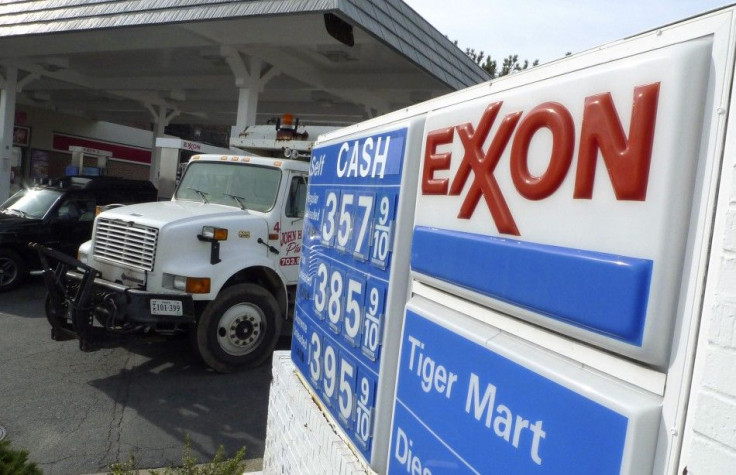Inflation Hits 30-Year High After CPI Shows 6.2% Price Hike

Inflation in the U.S. has defied expectations by hitting a three-decade high as prices for most basic goods registered hikes.
The Labor Department released its latest data Wednesday on the Consumer Price Index (CPI), a key metric used to gauge inflation levels, and found that it rose by 6.2% in the last year -- the highest since November 1990.
Energy appeared to fuel most of the price increases over the past year. Oil prices rose 12.3% in the last month and 59.1% in the last year. Gas prices were up 6.2% since September and 49.6% annually. According to the Bureau of Labor Statistics, the growth in oil prices was the highest recorded since 2005.
Prices for food, healthcare and transportation goods were all up as well. Used cars saw their price grow by 26.5% in the last year while newer ones grew by a smaller but still significant 9.8%. On a monthly basis, prices were up by 2.5% and 1.4%, respectively.
The increases reflect how economic activity is returning to some sense of normalcy that existed before the pandemic. At the same time, it demonstrates how businesses were unprepared for the explosion in demand that remained pent-up after over a year of restrictions that has largely come to an end.
The Delta variant of COVID-19 has been slowly receding, but the aftershocks are still being felt across the economy. Supply chain bottlenecks have driven up prices for many goods ahead of the holiday season alongside a labor shortage that shows few signs of easing just yet.
Ascendant inflation also presents a challenge to the consensus between the White House and the Federal Reserve that price increases are likely to be temporary. For weeks, officials from President Joe Biden to Fed Chairman Jerome Powell have maintained this view that inflation will subside, but it is clear that this may not be the case in the short-term.
Jason Furman, who was the chairman of ex-President Barack Obama’s Council of Economic Advisors, wrote after the data came out that some of these trends may still reverse. However, he noted there was still room for "pandemic-related service prices" to go up, further challenging the prevailing views on the nature of today’s inflation.
Looking forward, pandemic-related service prices have more room to go up, they're still quite low (especially airfares). And we're probably at the beginning of higher increases in shelter prices. pic.twitter.com/kqnnB5iwgA
— Jason Furman (@jasonfurman) November 10, 2021
The large error in forecasting October inflation (for forecasts made *after* the month had actually ended) is a good reminder of the humility we should have going forward. Inflation could be above or below what we expect.
— Jason Furman (@jasonfurman) November 10, 2021
© Copyright IBTimes 2024. All rights reserved.




















